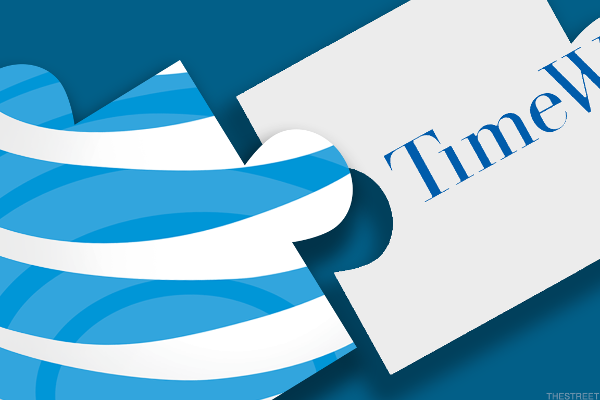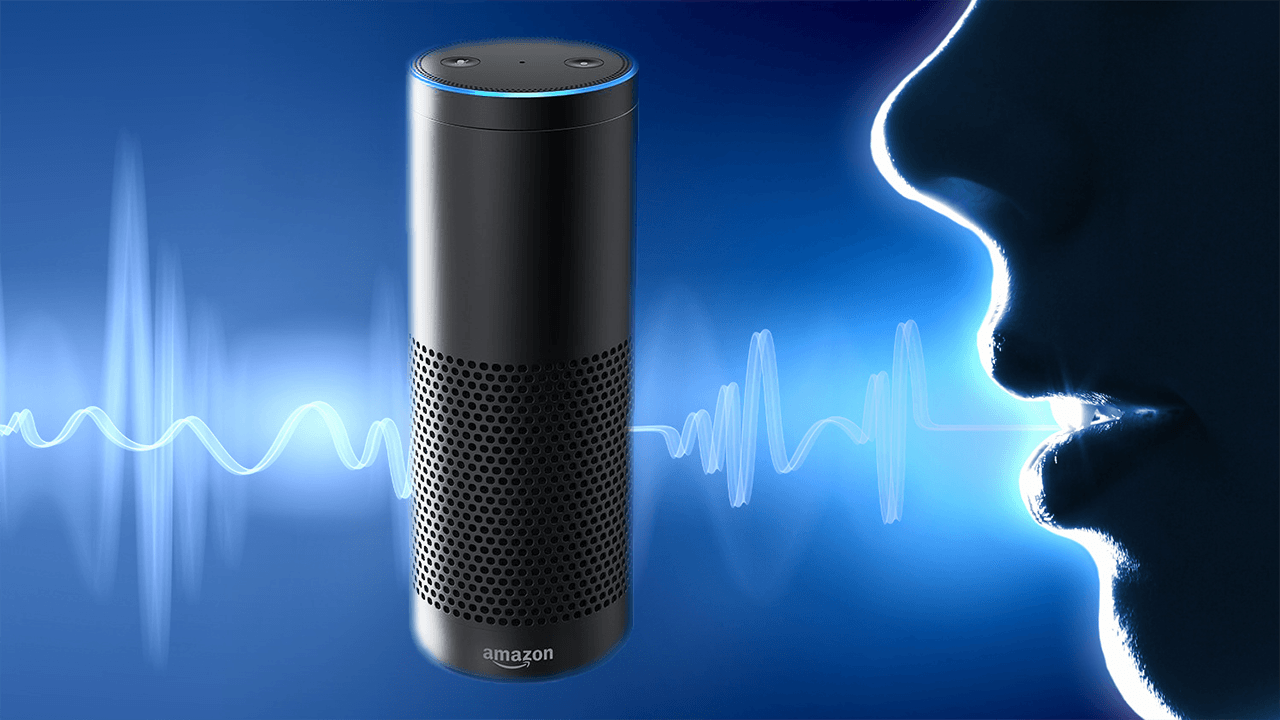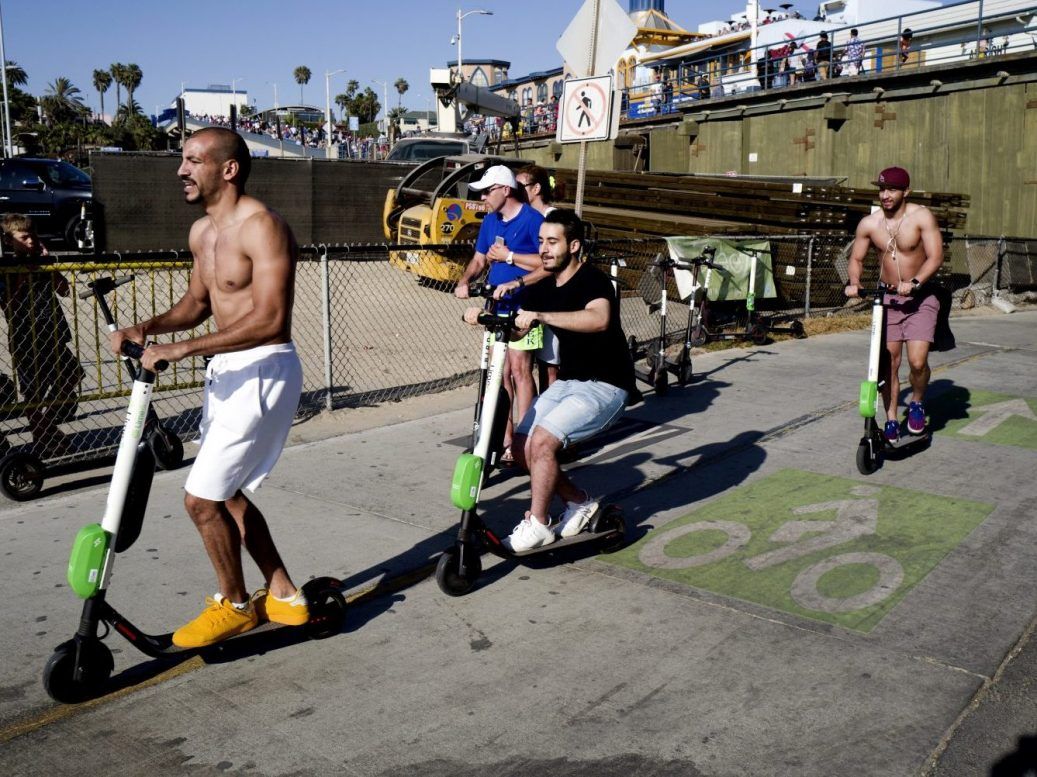The FDA outlines draft guidance on AI for medical devices
The agency also published draft guidance on the use of AI in drug development
Read more...
While many years can feel oddly short, somehow 2018 has felt much, much longer. Maybe it's because of the way the news works nowadays but it's hard to even remember what happened this year versus last year or even two years ago. It all starts to blend together.
So we're here to remind of all the things that have happened in the last 12 months, the good, the bad and the ugly.
These are are the top 10 tech stories of 2018:

(Photo credit: cnbc.com)
1. Tech takes a big hit
To say that things went haywire in 2018 for tech would be an understatement; there were so many scandals and controversies that it seemed like there was a new one every week. It was almost dizzying.
There were Elon Musk's Twitter antics, which have hurt Tesla's stock price, and which also might get him into legal trouble. There was the $5 fine billion fine that the European Union imposed on Google for anti-trust practices and Amazon's new headquarters in New York City, which had people from both sides of the aisle calling foul, while YouTube was blasted for how its algorithm spreads misformation and conspiracy theories. 2018 was also the year that the Theranos scandal really hit the fan, with the company completely shutting down and its founders being brought up on charges of fraud.
Obviously none of this is good for the industry in the short term. The question is whether this all becomes a good thing or a bad thing in the long term, meaning whether or not the industry learns from its mistakes or doubles down on them. Either 2018 is going to be seen as the year that tech started to tumble, or the year that tech grew up. We will just have to see.
/cdn.vox-cdn.com/uploads/chorus_image/image/59324851/944377872.jpg.1523303802.jpg)
(Photo credit: recode.net)
2. Facebook loses the public trust
If any company embodies the rough year for the tech industry it was Facebook.
2018 started with the Cambridge Analytica scandal, and the specter of Mark Zuckerberg being hauled in front of Congress to answer questions on how it handles its user data. It ended the year with a report in the New York Times about how the company allowed third parties, like Netflix and Spotify, to access user data without permission.
All of this has taken a serious toll on the public's image of the company. In a survey about which brands the public trusts with their data, Facebook came in last.
Once the darling of the tech world, the company lost so much face in 2018 that there are now serious calls for Zuckerberg to step down as chairman of Facebook, if not also as CEO, as well as COO Sheryl Sandberg, something that would have been almost unthinkable just a year ago.
/cdn.vox-cdn.com/uploads/chorus_image/image/59140721/937005438.jpg.0.jpg)
(Photo credit: theverge.com)
3. Tech IPOs come roaring back
Of course, 2018 wasn't all bad news for tech, even if it could sometimes feel that way. There were some very bright spots and some real hope for the future of the industry.
That was especially true of companies who decided to go public. After a few years of ho-hum IPOs, companies that didn't much make of a splash, and plenty of big companies choosing not to subject themselves to public scrutiny 2018 turned out to be the year things finally started to turn around. Companies such as Dropbox and Spotify, as well as Smartsheet, Pluralsight, Zuora and DocuSign, all decided to IPO this year.
According to Pitchbook, the first half of 2018 saw total deal value for VC-backed IPOs of $6.9 billion, putting it on pace for the second biggest year since 2012, and that was the year of the record breaking Facebook IPO.
2019 is looking to be even better now that companies like Uber, Lyft, Slack, AirBnb and Pinterest have either already filed confidentially to go public next year, or are already showing signs that they will. These companies stayed private for far longer than they would have traditionally, raising vast amounts of money, but it looks like the dam is finally ready to break.

(Photo credit: dailydot.com)
4. Amazon makes its healthcare move
The idea of Amazon breaking into the healthcare space has loomed over the industry for a while now, with just about everyone in the space wondering how it will affect their business. After all that anticipation, 2018 is the year it finally happened.
The company announced in June that it acquired online pharmacy PillPack, while also revealing that it teamed up with Berkshire Hathaway and JP Morgan Chase to create a new venture centered around improving employee healthcare.
Last month, Amazon launched a service called Comprehend Medical, to start using patient data for diagnosis. The company will allow healthcare companies to take unstructured data, such as medical notes, prescriptions, audio interview transcripts, and pathology and radiology reports, and quickly turn it into something actionable.
The company is obviously just getting warmed up, and we should expect to see even more news about Amazon's healthcare aspirations in the coming year. However it plays out, the healthtech space is never going to be the same.

(Photo credit: cnbc.com)
5. Apple hit $1 trillion market cap
While plenty of younger companies were thinking about their future on the public market, one of the most established tech companies hit a milestone in 2018 that was previously unheard of.
In August, Apple became the first company to ever hit a $1 trillion market cap, making it not only the most valuable company in the world but the most valuable company in history.
Of course, that couldn't last. With rumors of iPhone sales beginning to flag, buttressed by the news that Apple wouldn't even report device sales going forward, the company took a hit in late 2018, losing $190 billion in market cap in just five weeks. It's no longer even the most valuable company right now, having recently been taken over by Microsoft.
However brief it might have been, for Apple to ever hit such a high was an achievement in and of itself.

(Photo credit: adage.com)
6. Snap's disastrous redesign
People have an attachment to the way things are; it's human nature to get used to something and want it to stay that same way forever. That's why, whenever a company thinks its a good idea to change things up, they have to know that likely a good portion of their fan base is going to revolt.
Snap learned this lesson the hard way in 2018. At the tail end of 2017, the app underwent a major redesign, breaking it down into two separate feeds: one that showed users their most interacted with friends, and the other with brand content that is based on what Snap thinks they're interested in. The result was confusing for users, but also hated by brands who saw their revenue decline. The backlash caused Snap to apologize and attempt to mitigate the damage, but it was already done.
Deemed "cataclysmic," the redesign lost Snap 2 percent of its daily active users, around 190 million people, in a single quarter and Snap's stock is down over 66 percent year to date.
The lesson: people really, really don't like change.

(Photo credit: thestreet.com)
7. AT&T closes the Time Warner deal
After much back and forth, and anti-trust lawsuits, AT&T finally completed its much discussed, and fairly controversial, $85 billion acquisition of Time Warner over the summer. The deal allowed a cable provider to directly own the content it was distributing.
The effects of the merger were felt almost immediately with the launch of "WatchTV," which allows users to stream over 30 channels of live TV, as well as 15,000 TV shows and movies on demand, for $15 a month. Some of the channels included in the package are TBS, Cartoon Network, CNN, Discovery, Turner Classic Movies and TNT, all of which are owned by WarnerMedia, the new name that was given to Time Warner.
The effects of the company paying all that money for an acquisition was also felt in increased prices for DirecTV Now, as well as a raise in its administrative fees by $1.23, from 76 cents to $1.99, which is it is expected to net the company an additional $800 million. Hey, they have to make that money back somehow!

(Photo credit: shellypalmer.com)
8. Voice devices go mainstream
While smart speakers have certainly been on the rise for the last couple of years, they remained a fairly niche item, at least until 2018, the year that voice activated devices went mainstream. As of earlier this year, of the 252 million adults in the United States, 47.3 million of them, or 19.7 percent, currently have access to a smart speaker.
The winner for dominance in the smart speaker wars, so far at least, is Amazon, which aacounts for over 60 percent of all smart speakers in use, compared to 17 percent for Google devices and just 4 percent for Apple. In fact, just two Amazon devices together take up nearly half the market alone: the Amazon Echo, with a 23 percent share, and the Amazon Echo Dot, with 21 percent.
Of course, it's still early days for these devices, and it's hard to tell which company will dominate when they become ubiquitous. But there's almost no doubt at this point that they will be.

(Photo credit: canoe.com)
9. E-scooters take a lot of heat, but still manage to thrive
For some reason, 2018 was a really tough year on the e-scooter space. News reports of people getting hurt, and riders destroying them by throwing them over bridges, made it seem like they were a scourge. They were even banned in San Francisco, though that has since been reversed.
Yet, at least one company in the space managed to thrive, as Lime raised a slew of funding this year, starting with a $70 million round of funding in February from Coatue Management, followed by another $335 million in a round led by GV.
Not to mention that plenty of other big companies want in on the action, including Uber, which launched its first electric scooters in Santa Monica in October. So, despite all the bad press, e-scooters are here to stay.
10. Netflix goes for the Oscar gold
Streaming has had a pretty easy time dominating television. In 2015, Amazon's Transparent became the first show to take the top prize at an award show when it won for "Best TV Series, Musical or Comedy" at the Golden Globes. Amazon repeated the feat at the next year's Golden Globes, winning for Mozart in the Jungle.
The movies, though, have been a much bigger hurdle. While Netflix received its first Oscar nomination back in 2014, it wouldn't win get a nomination in any of the major categories until 2017, when Mudbound received nominations for Best Supporting Actress and Best Original Screenplay. Amazon has faired somewhat better, getting the first Best Picture nomination, and major win, for a streaming service in 2016. But, still, these services have barely been able to break into one of the most prestigious film award ceremonies.
2018 could be the year where all that changes: one of the companie's movies, Alfonso Cuaron's Roma, is now one of the leading contenders for Best Picture at next year's Academy Awards. If the company is able to pull it off, it would be a game changer for the industry, which has, so far, been less than welcoming to challengers that are upending the movie-going model.
(Image source: medicalnewstoday.com)
The agency also published draft guidance on the use of AI in drug development
Read more...The biggest focus areas for AI investing are healthcare and biotech
Read more...It will complete and submit forms, and integrate with state benefit systems
Read more...


